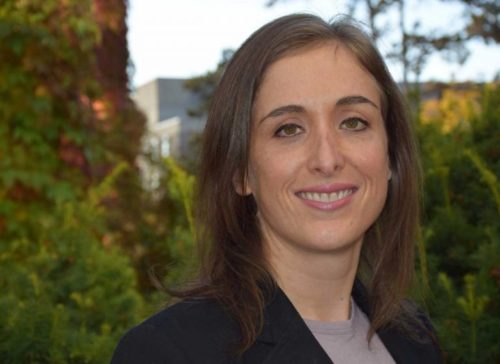
With frustration over the pandemic restrictions beginning to mount for many Canadians, what is needed for citizens to maintain their trust in the advice of experts and governments?
The University of Guelph has an expert who can offer comment.
Prof. Maya Goldenberg, with U of G’s Department of Philosophy, has long examined the question of “How do we know what to believe?”
In recent years, she has focused much of her work on vaccine hesitancy, examining why some choose not to vaccinate themselves or family members, in spite of the science showing its effectiveness.
This pandemic is raising many of the same dilemmas: with the science about the coronavirus still emerging and many offering differing opinions on the best way forward, how do citizens know whom to believe?
Goldenberg says Canadians overall initially put their trust in experts, accepting the shelter-in-place directives that unrolled in March — thanks in part to the easily understood messaging of “flatten the curve.”
Recent surveys suggest Canadians have high levels of trust in doctors and governments, but is that trust beginning to wane?
The “stay home” directives have extended longer than many had expected and “the initial solidarity has, predictably, worn thin,” Goldenberg said, particularly because each province is taking a different approach to lifting those restrictions.
“As the economic and personal suffering surrounding lockdown grows, trust in science will become crucial, as we watch how government and scientific advisors negotiate uncertainty amid pressure to produce a reopening plan,” she said.
She says public trust in governments’ responses can be sustained if they provide plenty of transparency and justification for their decisions.
“This kind of transparency is good for public trust in science. If anything, it rids public understanding of the view that science must be able to get the answer right and without revision to prior understandings,” she said.
“As long as the broad public agrees that governments have properly considered all health and economic and social issues tied to lockdown, public confidence in these measures will persist. We will need that high level of public trust to carry us through the reopening and, hopefully, the introduction of a COVID-19 vaccine.”
Goldenberg is available for interviews.
Contact:
Prof. Maya Goldenberg
mgolden@uoguelph.ca